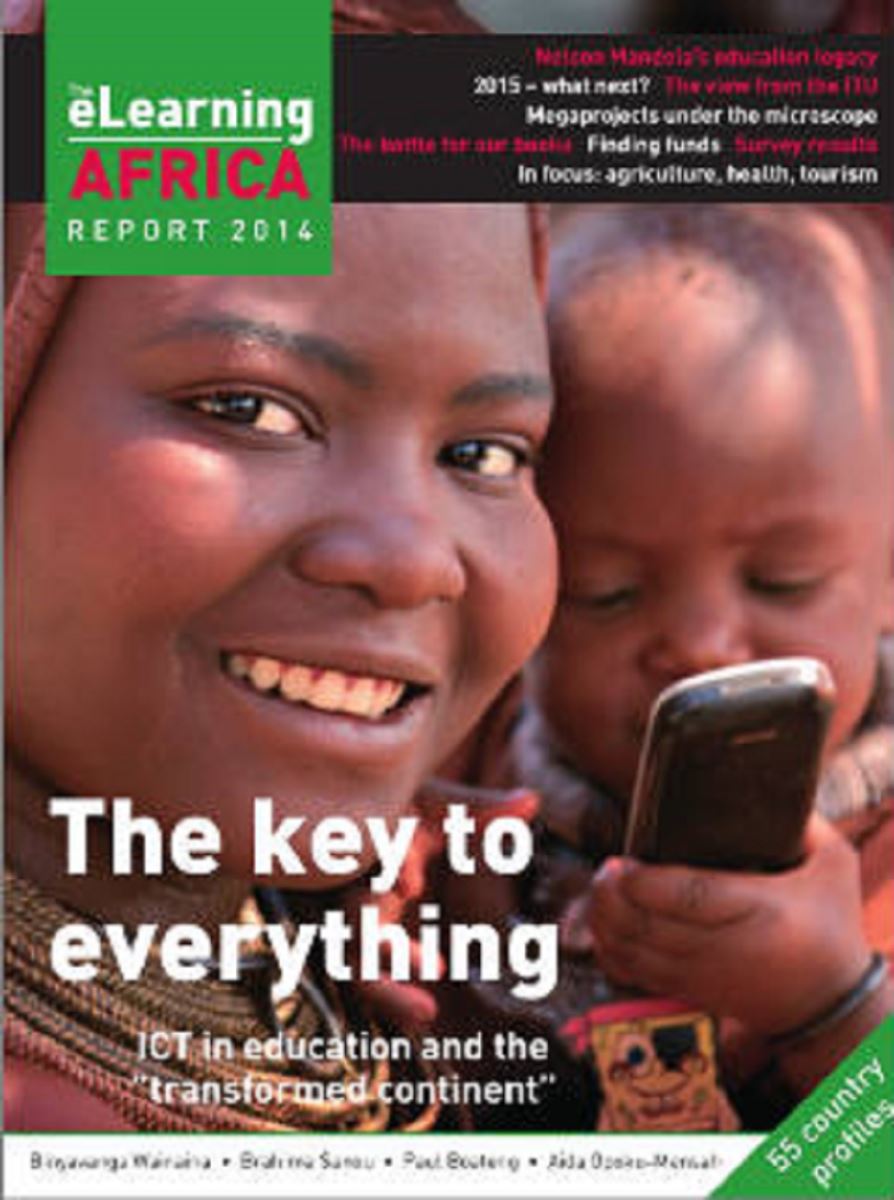Education is key to progress; that is a well-known fact worldwide. Every nation that has risen to become highly developed has a strong educational system, in addition to a deep rooted work ethic that allows it to reach the heights it does. Thus, any nation aiming to join the ranks of advanced nations must first and foremost look to its educational system.
Education is not something that simply takes place in the classroom, for there are many types of education one needs in order to become a fully developed person ready to be a proactive member in society. However, the education the government in charge of is the academic one; they must first ensure that there are proper facilities where students can go to, employ teachers and professors to work in schools and universities, and design appropriate curriculums for each level of education.
Unfortunately, not all countries have enough resources to prioritize education. Some who do have the resources do not have the strong initiative to give it all the attention it truly deserves due to political issues overriding the one of education. In some African countries, lack of education still remains an issue; even though schools are available, they may not be accessible to all students due to distance or scarcity.
Another issue is that even though there are those who do attend schools, they may face problems in retention. The enrollment rate of students in higher education is less than 7% in Africa. This does not mean that demand for education is low; on the contrary it is high. With the increased demand for education other paths besides the traditional school system are being explored.
One option that can be valid is distance education, also known as e-learning. One does not need to go to a traditional campus in order to learn; a computer or tablet and an Internet connection can be a gateway to education for many. As Aida Opoku-Mensa, Special Advisor to the Post-2015 Development Agenda at the UN Economic Commission for Africa says “quality online education is a necessity”.
E-learning is when courses are delivered to students via the Internet, learning can be conducted in one’s home, work place, or anywhere they wish to study for that matter. Professors and teachers are not there to teach them in person, but there are a myriad of ways to interact throughout the learning process; you also communicate with other students in the virtual classroom.
.jpg)
Lessons can be live-streamed, and interaction can occur in live time, or lessons can be taped and uploaded online. Presentations, worksheets, and assignments can easily be electronically circulated; participation and work is graded just like in an actual classroom. This method has many benefits; students can sometimes pace themselves while taking a course and learn according to their own preferences. Learning can also take place whenever the student wishes—except for live lessons—and so it can accommodate different lifestyles easily.
Many factors need to be present in order to aid in the learning process because otherwise students will have problems with retention. A major factor is that presentation of knowledge has to be conducted in an interesting and interactive manner so that students will be engaged and therefore more receptive to new information. It is easy to vary the content in e-learning since not only text is used, but also sounds and images are as well. By engaging the students with interesting games and worksheets that are easier to present on a screen, they are more likely to stay focused and learn.
Classroom discussions are very important and provide an alternative student-centric space where learners can learn from each other, instead of the more widely teacher-centric learning experience in most schools; this class discussion can be easily had through interactive discussion boards, and this is key to a successful e-learning experience. Teacher feedback is also crucial for students, and unclear content can be easily explained via live-chat and messaging as well.
The eLearning Africa Report 2014 that was published by Integrated Communications, Worldwide Events, offered a compiled research report on e-learning in Africa. It also linked the growing demand for e-learning with the burgeoning growth of the communications infrastructure, since Africa has the highest growth rates in telecommunications in the world. This is also reflected in mobile-broadband subscriptions, which will reflect in the increase for the demand for e-learning.

“According to Ambient Insight, a market research firm, e-learning in 16 African countries is just over 15 percent, with revenues expected to reach to $512.7 million in 2016. Ambient Insight suggests three catalysts of the boom in the African e-learning market: wide-scale digitization of academic content, increasing enrollment in online higher education courses, and increasing corporate adoption of e-learning.”
As e-learning becomes more easily accessible to a wider audience, may those who benefit from it help in providing Africa with a brighter future.
References
www.dw.de
www.td.org
Images: The eLearning Africa 2014 Report
*Published in SCIplanet, Spring 2015 Issue.